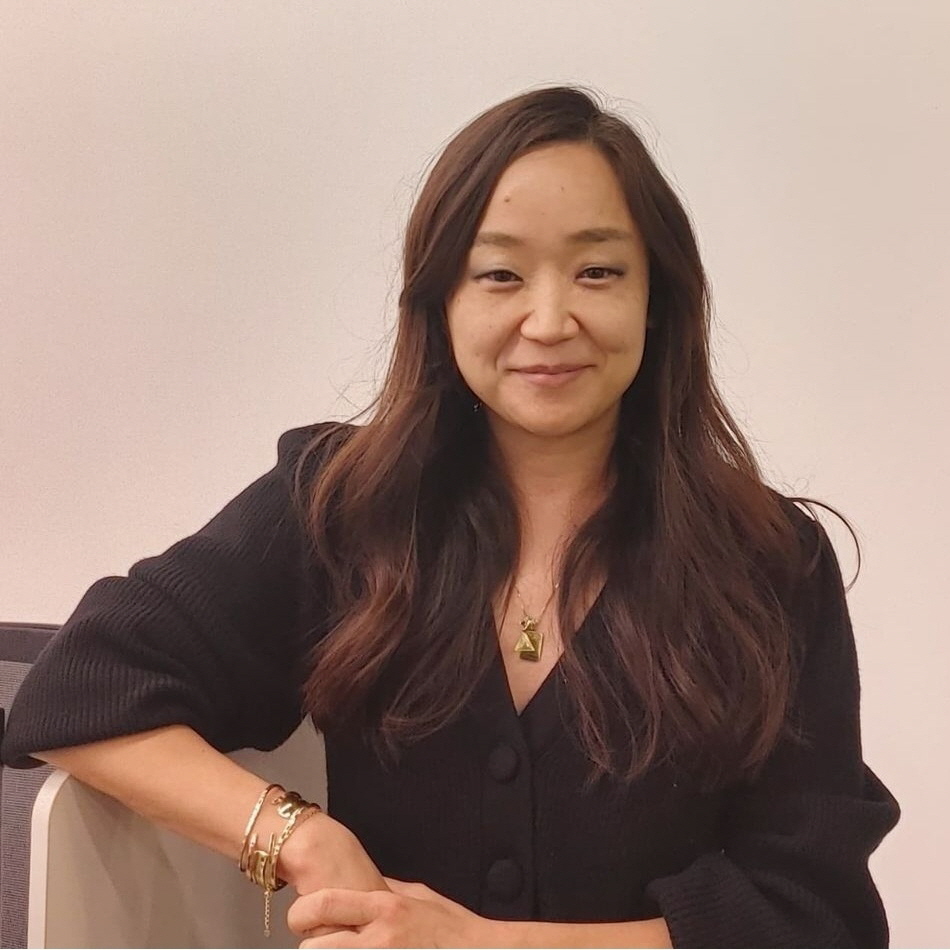Majority of businesses adopt wage peak system after retirement age extension: data
By Lee Joo-heePublished : March 19, 2017 - 14:04
Nearly 7 out of 10 companies with more than five employees have adopted a "wage peak" or incentive payment systems since the introduction of legislation to extend the retirement age to 60 in 2013, a survey showed Sunday.
The government has pursued the wage peak system in which employees accept reduced salaries for several years before retirement to reduce the corporate financial burden with the retirement age extension.

Almost 68 percent of 227 companies have adopted the wage peak system or conducted other major reshuffles of their wage payment systems between 2013 and 2016, according to the survey by the Korean Employers Federation.
Just over 79 percent of the companies with more than 300 employees have made changes in the wage payment system, while the comparable figure for those with fewer than 300 employees was 63.1 percent.
More than half (52.2 percent) of the companies with over 300 employees have introduced the wage peak system, while 31.3 percent have an incentive system and 28.4 percent changed their basic salary systems.
For those with fewer than 300 workers, the basic salary payment system was the most popular with 35.6 percent, followed by incentive systems with 23.1 percent and the wage peak system with 22.5 percent.
One-third of those surveyed said the changes in the wage payment system will provide motivation for the workers, while 27.7 percent wanted to reduce risks in labor-related laws with the changes.
Labor cost reduction (12.8 percent) and employment for new recruits (11.6 percent) also prompted the changes in the payment system. (Yonhap)








![[Herald Interview] How Gopizza got big in India](http://res.heraldm.com/phpwas/restmb_idxmake.php?idx=644&simg=/content/image/2024/11/20/20241120050057_0.jpg&u=20241120164556)
![[KH Explains] Dissecting Hyundai Motor's lobbying in US](http://res.heraldm.com/phpwas/restmb_idxmake.php?idx=644&simg=/content/image/2024/11/20/20241120050034_0.jpg&u=)








